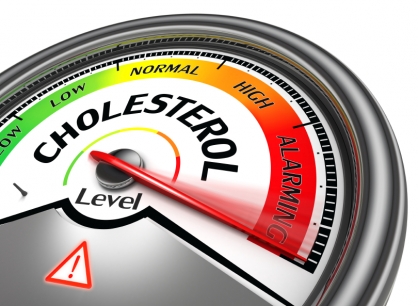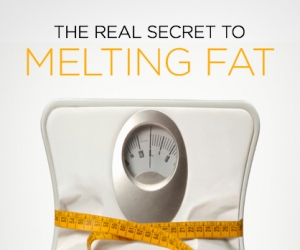Cholesterol News: It’s Not Bad For You
It’s no longer a dietary concern
Foodies are clamoring about the new US dietary guidelines released last week that say we should eat less sugar and saturated fats, but not worry about cholesterol.
Every five years, a team of nutrition experts releases its guidelines on what Americans should be eating. This year, the 2015 Dietary Guidelines Advisory Committee, an independent group of 14 experts advising Health and Human Services (HHS) and US Department of Agriculture (USDA), released its 500-page proposed update.
The summary said: “The U.S. population should be encouraged and guided to consume dietary patterns that are rich in vegetables, fruit, whole grains, seafood, legumes, and nuts; moderate in low- and non-fat dairy products and alcohol (among adults); lower in red and processed meat; and low in sugar-sweetened foods and beverages and refined grains. These dietary patterns can be achieved in many ways and should be tailored to the individual’s biological and medical needs as well as socio-cultural preferences.”
Cholesterol wasn’t included as something to limit, with the committee instead saying, “Cholesterol is not a nutrient of concern for overconsumption.”
This is a tectonic shift regarding one of the main foods Americans have been told to steer clear of for decades, since the American Heart Association put cholesterol in its crosshairs mid-century.


Blood cholesterol levels still matter
But some are not surprised. Jill Weisenberger, registered dietitian nutritionist, certified diabetes educator, and author of 21 Things You Need to Know about Diabetes and Your Heart and The Overworked Person's Guide to Better Nutrition, said she’s known for a long time that cholesterol that is consumed has little impact on blood cholesterol levels.
Her concern is that some people will hear the news, and falsely interpret it to mean that blood cholesterol levels don’t matter. That is completely different than the cholesterol that is consumed, and blood cholesterol does matter. “Blood cholesterol has quite a lot to do with both heart and brain health,” she said.
Dr. Ellen Albertson, Ph.D., Certified Wellcoach® and founder of SmashYourScale.com, shared the same concerns. “Just to clarify the position is for the dangers of dietary cholesterol found in food, not levels of blood/serum cholesterol. The proposed change in position reflects a major shift in the scientific research regarding dietary cholesterol. While high blood cholesterol levels particularly LDL (bad) cholesterol are still a major risk factor for heart disease, dietary cholesterol is now thought to play a relatively minor part in determining blood cholesterol levels.”
Weisenberger said, “We’ve known for a long time that the amount of cholesterol that we eat has less of an effect on blood cholesterol levels than the amount of saturated and trans fats that we eat. I’ve had many misguided patients avoid dietary cholesterol like the plague, yet they would eat large amounts of saturated and trans fats. It was no wonder that their cholesterol levels in their blood were too high. It’s not that I wanted them to eat cholesterol. Rather I wanted them to put their focus on the foods and nutrients that mattered most.”
“A heart-healthy diet can mean lots of things. I encourage my patients to limit saturated and trans fats and excess added sugar and to eat lots of vegetables and then more vegetables. I also encourage fruits, whole grains, beans and nuts. I favor fat-free and low-fat dairy over full fat dairy. I want to see several vegetarian meals each week and fish, especially fatty fish, a few times weekly. Eating the appropriate amount of calories and getting regular exercise are also critical, as is reducing sedentary time. These are things that will help shield the heart,” she said.
“Many women fear breast cancer and give little concern to the health of their hearts. Both breast cancer and heart disease are terrible diagnoses. It’s important for woman to understand that heart disease is the number one killer of both men and women in this country,” she said.

Eat more bacon
And yes, this means that it is okay to eat bacon, in moderation. There’s still sodium, nitrates and saturated fat in bacon.
“Now, we can eat bacon with breakfast. Three slices of thick bacon is one serving of meat. We should keep our meat consumption to two servings per day. Also, avoid store bought bacon because it contains preservatives and the fats may be rancid. Visit a butcher to get the freshest, healthiest bacon,” said Christina Major, a holistic nutritionist and naturopathic doctor.



